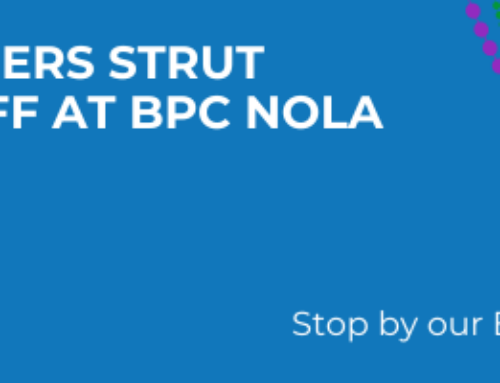Originally published on February 14, 2020 as an article on LinkedIn.
How many remote jobs have you discovered for technical roles? Software developers, app engineers, and system architects seem to have it made when it comes to remote work.
When it comes to marketing and proposal writing, though, many companies draw a firm line in the sand: You must be able to physically commute to our office.
I’m confused by this mentality. I’ve been writing proposals and doing SEO work for more than 10 years; six of those have been entirely remote. I had one business partner with whom I worked, on and off, for nearly this entire decade, and we have never once met in person. We completed hundreds of projects, all with the use of email, Skype, and Slack.
Now, I live in a fairly rural corner of Colorado, and I have the ability to work for a corporation as a remote marketer. During the past six months alone, our team has:
- Cut our proposal delivery time in half
- Doubled our proposal output
- Increased our win rate by about 4 percent
- Collaborated on dozens of ad hoc projects, including creating and executing the 2020 roadmap
If you don’t believe that your digital marketers and proposal writers can work from home, you are missing out on a massive pool of talent and added productivity. Here’s why remote proposal writers are a great investment.
1. Increased productivity
Working from home, at first, was a little unnerving. For the first month, I really missed my office habits and routines. After a couple of weeks, though, I found my footing, and I have been off to the races ever since.
Achieving a flow state in an open-concept office is extraordinarily difficult for me. I struggle to focus and pay attention to my work, thanks to the auditory and visual distractions. I still haven’t found any noise-canceling headphones that can keep me on-task in an overly stimulating environment.
Luckily, marketing and proposal writing tend to be relatively solitary. Like a developer, I need large swaths of time to dive deep into specific tasks. When my attention is broken by the microwave or a conversation next to me, I just can’t get my work done.
At home, though, I can dedicate a complete eight hours to doing my job properly. I shut my office door and dig into work with a fervor that I could never achieve in a traditional office setting. I also don’t feel like I’m missing out on team cohesiveness, because I have anytime access to my coworkers on Teams and Zoom channels. I’ve never missed a deadline because I couldn’t connect with a teammate! This is, hands-down, the most productive I’ve ever been in my working life, and it’s all because I’m able to control the level of distraction in my professional environment.
2. It’s cheaper for everyone
Imagine getting the same return on investment from your employee without having to pay for their workspace or office supplies. I have my own desk and monitor, and I buy my own coffee. My company can spend money where it matters because my supervisors literally only have to furnish me with a laptop and occasional paper supplies to assemble a proposal.
Similarly, I save money because I do not have all of those extra costs associated with commuting, lunches spent out with coworkers, and a larger variety of professional clothing items. I can keep my wardrobe simple, eliminate wasted time driving to the office, and feel more comfortable while I’m working.
Keeping the overhead low means that employers and employees both benefit.
3. More efficient teams
How much time would you say you spend “around the water cooler” every day, chatting with colleagues? Is that time well-spent when it comes to achieving your business objectives? Although, yes, it makes sense to build rapport within the organization, all those small conversations and one-offs can really add up.
Furthermore, I have to seek out added efficiencies when it comes to communication and decision-making. I’ve driven the expanded use of technology (proposal automation software) to manage projects and get proposals out the door at lightning speed. Collaborating in the digital space reduces the water-cooler talk and focuses cooperative efforts on actual work.
As a driven, independent type of employee, I flourish under conditions that allow me to make decisions and control my own work. Remote employment allows me to experiment with process improvements, keeping my supervisors in the loop while feeling safe enough to try new things. Since I’ve gone remote, I have had no choice but to invest in waste reduction and put my Lean skills to good use to get the job done faster. I don’t think I’d have the same perspective if I was in a traditional office setting!

Has working remote hindered my job performance?
No, quite the opposite! I feel like I’m thriving more than ever as a valued member of a team since I stepped out of the office and into my fuzzy slippers right here at home. Working remote isn’t a possibility (or, frankly, the right choice) for every single employee.
Companies that limit their hiring pool to those who are willing to relocate to their physical office space may risk missing out on their most skilled potential hires!
With the rising cost of office space and a geographically dispersed workforce, remote work is the future of marketing and proposal writing, particularly in the tech space.
Want to know what it’s like to work as a remote marketer? Feel free to reach out!





Leave A Comment